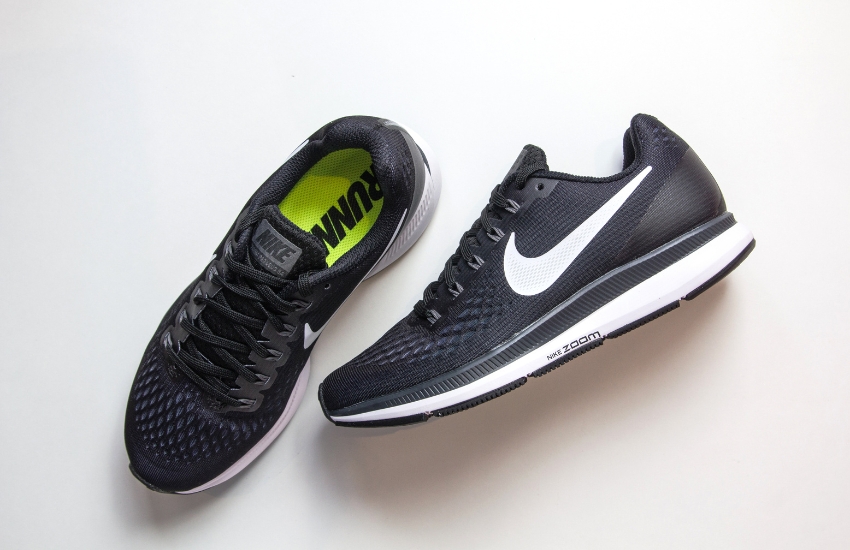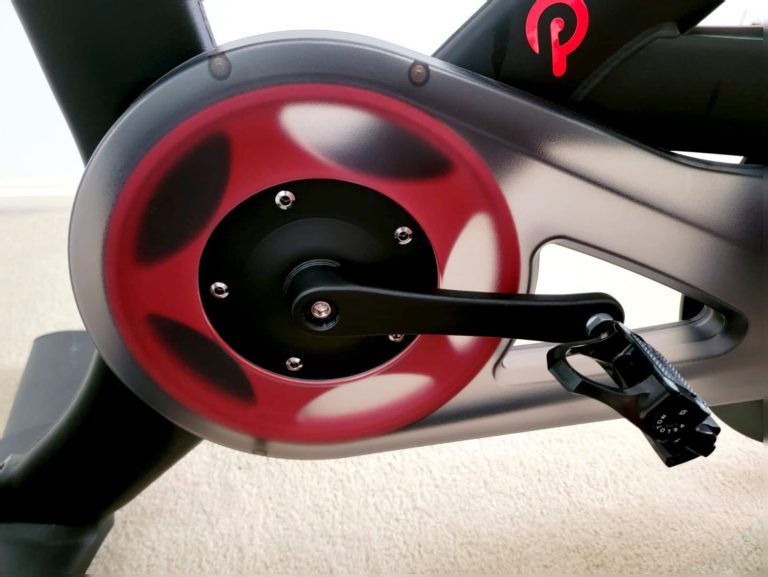What Is a Phylon Sole? Everything You Need to Know

Have you ever wondered what a Phylon sole is and why it’s so popular in Nike shoes? Well, you’re in luck because in this article, we’ll break down everything you need to know about Phylon soles. From its definition and how it compares to other types of soles to whether it’s worth investing in, we’ve got you covered.
Definition of Phylon Sole
So, let’s start with the basics. Phylon is a type of foam material commonly used in the midsole of athletic shoes, including many of Nike’s popular models. It’s known for its lightweight and responsive properties, offering cushioning and support while also allowing for flexibility and durability.
Compared to other materials like EVA (ethylene-vinyl acetate), Phylon is generally considered to be more lightweight and also offers better shock absorption. This makes it a preferred choice for athletes and active individuals who prioritize performance and comfort in their footwear.
When it comes to Nike, they are known for incorporating Phylon soles in many of their shoes, ranging from running shoes to basketball sneakers. The use of Phylon allows them to create shoes that are not only comfortable but also provide excellent responsiveness and energy return, enhancing the overall performance of the wearer. If you’re curious about a shoe that uses Phylon soles – check out my review of the Nike Free Run 5.0
Whether you’re hitting the gym, going for a run, or simply looking for everyday comfort, keep an eye out for shoes featuring Phylon soles.
Comparisons to Other Sole Materials
Like I mentioned, Phylon soles are known for their lightweight and flexible properties, making it popular in athletic footwear. It offers good shock absorption and cushioning, but it may not provide as much stability and support as other sole materials like rubber or polyurethane.
- Rubber: Rubber soles are durable and provide excellent traction. They offer stability and support, making them suitable for a variety of activities.
- Polyurethane: Polyurethane soles are also durable and provide good cushioning. They offer stability and support, with a slightly firmer feel compared to Phylon.
While Phylon sole excels in lightweight and flexible cushioning, individuals who prioritize stability and support may prefer rubber or polyurethane soles. The choice of sole material depends on personal preferences and the specific needs of the wearer.
The Benefits of Phylon Sole in Shoe Design
The use of Phylon sole in shoe design offers a range of benefits that make it a popular choice for athletic and casual footwear. Here’s a more detailed expansion on the advantages of Phylon sole:
- Cushioning and Shock Absorption: Phylon is a lightweight and compressible material made from ethylene-vinyl acetate (EVA) foam pellets. The manufacturing process involves heating the pellets, causing them to expand and create a cushioned foam. This foam is then molded into the sole of the shoe. The cellular structure of Phylon provides excellent shock absorption properties, which helps reduce the impact on the feet and joints when walking, running, or engaging in high-impact activities. This results in enhanced comfort, reduced fatigue, and decreased risk of injuries like stress fractures or joint pain.
- Lightweight Nature: Phylon is renowned for its lightweight properties. Compared to traditional rubber soles or other materials, shoes with Phylon soles feel noticeably lighter on the feet. The reduced weight helps athletes perform better as they can expend less energy on lifting their feet, thus improving overall efficiency and endurance during activities.
- Flexibility and Natural Foot Movement: Phylon material is inherently flexible, allowing it to bend and move with the foot’s natural motion. This characteristic is vital for various activities that require agile footwork, such as running, dancing, or playing sports. The flexibility of Phylon sole encourages a more natural gait, contributing to a smoother and more comfortable stride. It also helps in providing a better connection with the ground, enhancing stability and control during movements.
- Durable and Long-lasting: Despite its lightweight nature, Phylon is remarkably durable and resilient. The foam structure of Phylon can withstand repeated compression and retain its shape, making it ideal for shoes that endure regular use and high-impact activities. Its durability ensures that the shoe maintains its cushioning properties over an extended period, providing consistent comfort and performance throughout its lifespan.
- Moldability and Customization: Phylon material is easily moldable, allowing shoe designers to create intricate and unique sole designs to cater to specific needs. They can add grooves, pods, or patterns to enhance traction and flexibility in targeted areas. This level of customization enables manufacturers to tailor shoes for various sports, terrains, and foot types, ensuring the best possible fit and performance for different activities.
Is Phylon Sole Worth It?
The worthiness of Phylon sole depends on personal preference and specific needs. If lightweight and responsive cushioning is important to you, then Phylon sole can be a good choice. It offers excellent cushioning and shock absorption, reducing impact on the feet and joints during physical activities. The flexibility of Phylon sole allows for natural foot movement and increased comfort.
However, if you require more stability and support, other sole materials like rubber or polyurethane may be more suitable. These materials typically provide greater stability and durability, which may be beneficial for certain activities or foot conditions that require extra support.
Ultimately, the decision of whether Phylon sole is worth it or not depends on your individual needs and preferences. It is recommended to try on different shoe styles and materials to determine which one provides the desired level of comfort, support, and performance for your specific activities.
Conclusion
Phylon sole is a lightweight and responsive cushioning material commonly used in athletic shoes, particularly by Nike. It provides excellent shock absorption and cushioning, reducing impact on the feet and joints during physical activities. The flexibility of Phylon sole allows for natural foot movement and increased comfort, making it a popular choice for athletes. However, individuals who prioritize stability and support may prefer other sole materials like rubber or polyurethane.
Ultimately, if lightweight and responsive cushioning is important to you, then Phylon sole can be a good choice. However, if you require more stability and support, other sole materials may be more suitable. It is recommended to try on different shoe styles and materials to determine which one provides the desired level of comfort, support, and performance for your specific activities.

![What Are Encore Rides On Peloton? [2023]](https://149924277.v2.pressablecdn.com/wp-content/uploads/2023/06/CamScanner-07-21-2023-14.15-1-768x572.jpg)


![How To Prevent Knee Pain On An Elliptical [Explained]](https://149924277.v2.pressablecdn.com/wp-content/uploads/2023/07/CamScanner-07-12-2023-13.09-1-e1689131506597-768x764.jpg)

![How to Become a Peloton Instructor [Your Ultimate Guide]](https://149924277.v2.pressablecdn.com/wp-content/uploads/2023/07/Peloton-Instructor-768x768.jpg)